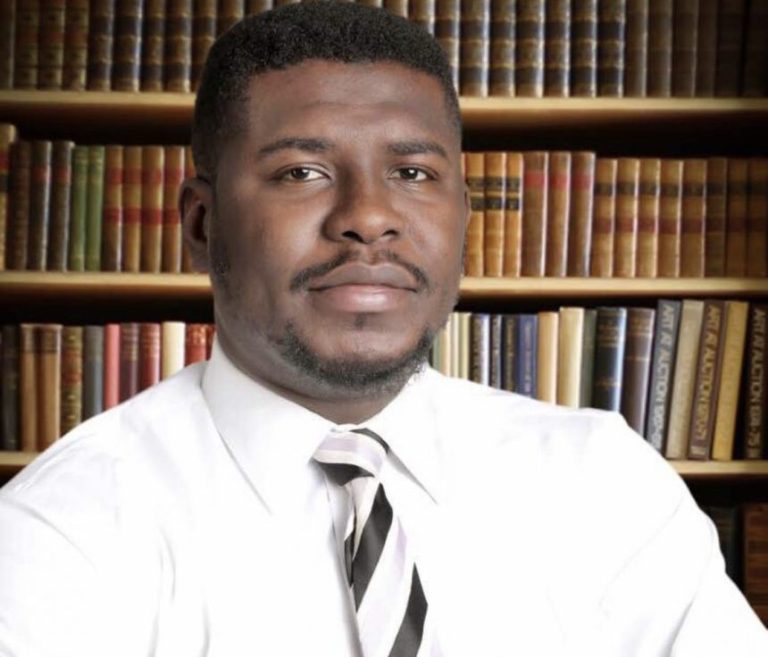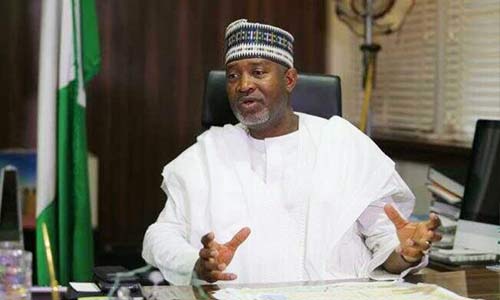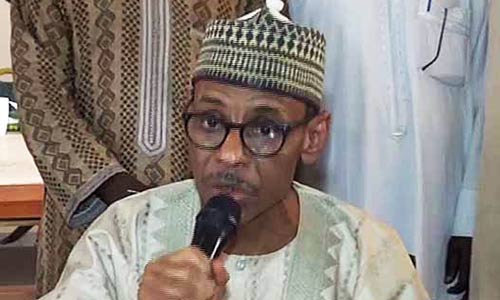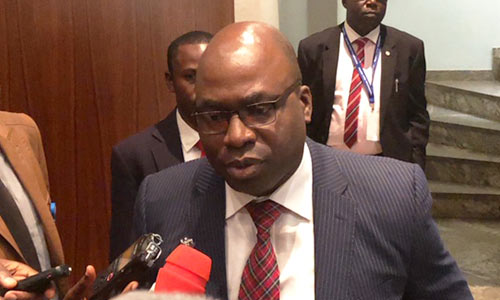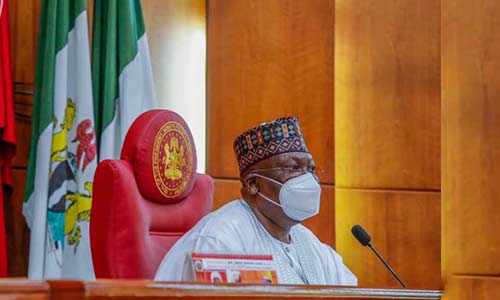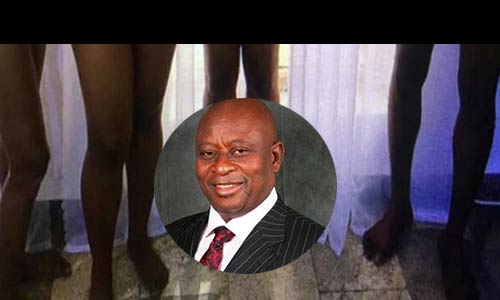Daily Law Tips (Tip 670) by Onyekachi Umah, Esq., LL.M, ACIArb(UK)
Introduction:
Across Nigeria, police men and almost all law enforcement agents see themselves as parents and the entire public as children. At times, they perceive themselves as creditors and the entire pubic as debtors. Hence, indiscriminate whipping, slapping, kicking, canning, detention, torture, killing and disregard of court orders is an everyday tool in the hands of police men and other law enforcement agents in Nigeria. Without fear, law enforcement agents now assume the role of courts and correctional officers without fair hearing to their victims. Unfortunately, many persons in Nigeria, assume, believe and take the shameful conducts of police officers as normal and unchangeable. While some people claim to be disinterested, many take advantage of the unprofessionalism of police officers and employ police officers as debt recovery agents, political thugs, domestic servants and close body guards. Police officers get away with murder, torture and all forms of crime while most people assume that Police officers have powers to punish and this is part of the foundation for police extortion, bribery and corruption. This work will examine the powers of police to punish suspected offenders in Nigeria.
New Powers of The Nigerian Police Force:
The greatest of all laws in Nigeria, is the Constitution of the Federal Republic of Nigeria, 1999. Every other law, government, institution, religion, tradition and person bow to it. The Constitution creates the Nigeria Police Force to be headed by the Inspector General of Police and to carry out the functions and duties that will be provided in a law to be enacted by the National Assembly. Sequel to this, the National Assembly made/adopted the Police Act of 1943, which has recently been repealed and replaced by the Police Act of 2020.
To avoid doubts, the Police Act of 2020 seem to have gather together all the powers/functions of the Police Force in one place. So the powers are not new but ambled together in a new federal law; the Police Act 2020. It has listed the primary functions of the Nigeria Police Force, to include:
(a) the prevention and detection of crime, protection of rights and freedom of persons in Nigeria as provided in the Constitution, the African Charter on Human and Peoples Rights and any other law.
(b) maintain public safety, law and order;
(c) protect the lives and property of all persons in Nigeria;
(d) enforce all was and regulations without prejudice to the enabling Acts of other security agencies:
(e) discharge such duties within and outside Nigeria as may be required of it under law;
(f) Collaborate with other agencies to take any necessary action and provide the required assistance or support to persons in distress, including victims of road accidents, fire disasters, earthquakes and flood
(g) facilitate the free passage and movement in highways, roads and streets open to the public; and
(h) adopt community partnership in the discharge of it’s responsibilities under this Bill or under any law; and
(i) to vet and approve the registration of private Detective schools and private Investigative outfits
New Duty of the Police Force Under Police Act of 2020:
By the new Police Act of 2020, there is a police duty that has been greatly emphasised and a section is specifically devoted to it, with the description; “Duty of Police Force to enforce certain constitutional provisions”. This duty is really not new, it has been there and reiterated countless times by the courts, although the Nigeria Police Force rarely complies with it.
Now, the new Police Act of 2020, provides that the Police Force is responsible for promoting and protecting fundamental human rights of persons in police custody as protected in the constitution of Nigeria, the African Charter on Human and Peoples Rights and other international laws on human rights. It also requires the Police Force to work closely with government agencies and private organisations on increasing access to justice and promoting legal services and protection of rights of detainees and defendants. This seems like a step in the right direction, if there is a means to train the ordinary police man on the streets and constantly monitor conducts of police officers.
Police Force and Separation of Powers:
There are too many powers and institutions that make up a nation/country. The powers are toxic and intoxicating when combined and controlled by a single person or institution. Hence, there is a separation of power for orderliness, accountability, rule of law, checks and balances among institutions, stakeholders, key players and the public in the affairs of men and nations. On this foundation, the National Assembly (Legislative Arm) makes laws while the Courts (Judicial Arm) interpret the laws made by the National Assembly and the Presidency and other agencies (Executive Arm) implement the laws made the National Assembly. Every arm of government stays on its own lane to avoid conflict and anarchy. This is carefully contained in the constitution of Nigeria. Under the Executive Arm are the agencies, institutions and bodies created by the constitution of Nigeria or the executive itself, to assist the executive in implementation of laws and policies. The Nigeria Police Force is under the executive arm of government and the Inspector General of Police answers to the President of Nigeria (the Chief Executive Officer of Nigeria).
Hence, the Nigeria Police Force does not have legislative and judicial powers. It cannot perform legislative or judicial roles of the National Assembly and the courts. It is outside the powers of the Nigeria Police force to try disputes and determine guilt of offenders. The only institution allowed to determine the innocence and guilt of persons is the Judiciary (courts of law) and only the courts can order a lawful punishment for any offender. It is constitutionally wrong for any police officer to punish any person unless a court orders such. I am not unaware of the powers of law enforcement agencies to apply force where it will be in the interest of a suspect/safety of the agent and the public and stop a convict from fleeing justice. They are restrains to ensure justice and not punishment, however, must be conducted professionally and according to best practises. By the way, torture is not one of the lawful punishments that a court can order and all forms of torture is illegal in Nigeria. The colours of torture will be examined below.
Lawful Punishment and Police Torture:
The laws of Nigeria prescribe lawful punishments for offenders and only a court of law can assign a lawful punishment to an offender after hearing the offender and his accuser. The lawful punishments include; death, fines, imprisonment, probation, canning, labour and community service. Torture is not a lawful punishment and lawful punishment does not include torture, in any part of Nigeria. Torture is illegal and can never be ordered by any court of law. It is a violation of fundamental human right. Torture is the intentional infliction/causing of mental or physical pain/suffering on a person in order to obtain information/confession, or to punish, intimidate and force him or a third party. Torture includes; beatings, food deprivation, rubbing of pepper/chemicals, assuming of stressful bodily positions, rape, exposure to cold/sunlight, use of drugs, blindfolding, threat, prolonged interrogation, unscheduled transfer of persons, secret detention, denial of sleep, shaming, stripping naked and parading in public places.
Police torture is a crime, irrespective of the alleged offence of the victim of torture. There is no justification for torture, not even war, national security or high-profile case. Every police torture is a violation of fundamental human right. Where there is torture in any security agency, the immediate commanding officer officer in-charge of the unit/department that committed such offence of torture will be held liable as an accessory to the crime, for any act or omission or negligence on his part that may have led to the commission of torture by his subordinates/colleagues. Any person that witnesses or is present when torture is being conducted is as liable as the person that conducted torture. Such witness is deemed as having participated in the torture. This applies to any person; military, para-military or civilian!
By the Anti-Torture Act 2017, any form of torture is an offence and a court can punish an offender with imprisonment for not more than 25 years, without an option of fine. Where torture leads to death, the violator will be tried for murder. The punishment for murder is death. Also, with internal disciplinary measures, the concerned police officer may lose his/her job, too. There is obviously no gain in torture and violation of any human right.
Conclusion:
The Nigeria Police Force is not permitted to punish any person in Nigeria. The police is rather empowered to arrest, detain and bring to court any person suspected of committing an offence. It is only a court of law that can punish an offender. Also, police and law enforcement agencies are not allowed to collect fines for any offence. Any money demanded by a police officer is a bribe and the request (no matter how polite) is an extortion. Extortion is a crime and you have a duty to report the police officer and his team/office.
The silence of victims of torture and their families seem to be emboldening police torture and unprofessionalism. One should never be shy or too religious to report and sue any police officer involved in any form of torture or misconduct. Do this to discourage the surge in police brutality and national decay. The Nigeria Police Force must ensure that its budget (tax payers fund) is not used to pay damages on behalf of police officers found liable by courts for their misconducts, rather the concerned violators/police officers must be made to pay for any damages/liabilities from their salaries and retirement benefits. Contact your lawyer and sue any police officer or law enforcement agent that has ever tortured you or any other person. There is no expiration date for the investigation and prosecution of any police officer or person involved in torture or any form of illegal punishment. Nigeria Police Force cannot punish.
My authorities are:
1. Sections 1, 2, 3, 4, 5, 6, 33 to 46, 214, 215 of the Constitution of the Federal Republic of Nigeria, 1999.
2. Sections 1, 2, 3, 4, and 5 of the Police Act, 2020
3. Sections 2, 8 and 14 of the Anti-Torture Act, 2017.
4. “Nigeria: Special police squad ‘get rich’ torturing detainees and demanding bribes in exchange for freedom” (Amnesty International, 21 September 2016) accessed 5 October 2020.
5. “Special Anti-Robbery Squad” (Wikimedia Foundation, 5 October 2020) accessed 5 October 2020.
6. “End SARS” (Wikimedia Foundation, 5 October 2020) accessed 5 October 2020
7. “Demand justice for Police Brutality in Nigeria” (Amnesty International) accessed 5 October 2020
8. “Nigerians want police’s SARS force scrapped”, Aisha Salaudeen (Aljazeera, 17 December 2017) accessed 5 October 2020
9. “Any Security Agency’s Manual/Protocol That Allows Torture Even For National Security Cases Is Unlawful And Its Officers Are Liable”, Onyekachi Umah (Daily Law Tip [Tip 412] accessed 5 October 2020.
10. “What Is The Punishment For Any Person Including Police Officers That Tortures Another Person”, Onyekachi Umah (Daily Law Tip [251]) accessed 5 October 2020.
11. “Is Obeying “Orders From Above” A Defence For Torture In Nigeria”, Onyekachi Umah (Daily Law Tips [Tip 409]) accessed 5 October 2020.
12. Direct access to previous works on Torture in Nigeria
13. Direct access to previous works on Nigeria Police Force
#SabiLaw
#DailyLawTips
#SabiBusinessLaw
#SabiElectionLaws
#SabiHumanRights
#SabiLawOnBeatFm
#SabiLawLectureSeries
#CriminalJusticeMonday
#SabiLawVideoChallenge
Speak with the writer, ask questions or make inquiries on this topic or any other via [email protected] or [email protected] or +2348037665878. To receive our free Daily Law Tips, follow our Facebook Page:@LearnNigerianLaws, Instagram:
@LearnNigerianLaws and Twitter: @LearnNigeriaLaw
Please share this publication for free till it gets to those that need it most. Save a Nigerian today! NOTE: Sharing, modifying or publishing this publication without giving credit to Onyekachi Umah, Esq. and “LearnNigerianLaws.com” is a criminal breach of copyright and will be prosecuted.
This publication is the writer’s view not a legal advice and does not create any form of relationship. You may reach the writer for more information.
Powered by www.LearnNigerianLaws.com {A Free Law Awareness Program of Sabi Law Foundation, supported by the law firm of Bezaleel Chambers International (BCI).}

